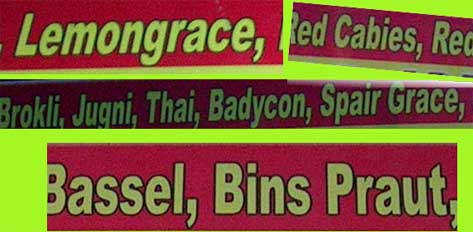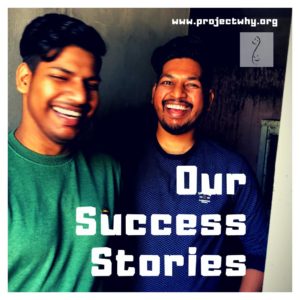Spare Grace, Lemongrace, Red Cabies and Badycon were the words proudly displayed by the local vegetable shop now catering to the growing expat clientele. To the uninitiated this translates as asparagus, lemongrass, red cabbage and baby corn!
India is a land with a multitude of languages but English has become the administrative language and is quickly becoming a vernacular language as well. Today, even the poorest parents understand the necessity of English for their child to succeed, and as a result signs reading “ENGLISH MEDIUM” dot the city.
So do all Indians speak good English then? The answer is no.
English medium schools in poorer areas often do not employ teachers who speak English- at least not a form of English a fluent speaker would recognise.
The job market today requires a working knowledge of English and the students at Project Why rely on our resources for their English education. Project Why relies on the resources of our dedicated volunteers and on workshops.
Recently we bid farewell to Eva who taught the Okhla teachers and children for one year. Her intervention went a long way in building confidence in the teachers. The importance of volunteers able to teach English cannot be stressed enough.
n January 2016, Damyanti held a week-long spoken English workshop under the aegis of the Book Council of Singapore that culminated in a bi-lingual poetry and story reading event. The use of pod casting has helped us continue this venture and we have regular in-house reading events.
Project Why has adopted these measures to help teach our children English. What ideas do YOU have for expanding English literacy?
Do you think English is a skill that spells success?
Do you think children from deprived homes should learn English?
Can YOU come to Project Why to help teach our children?






